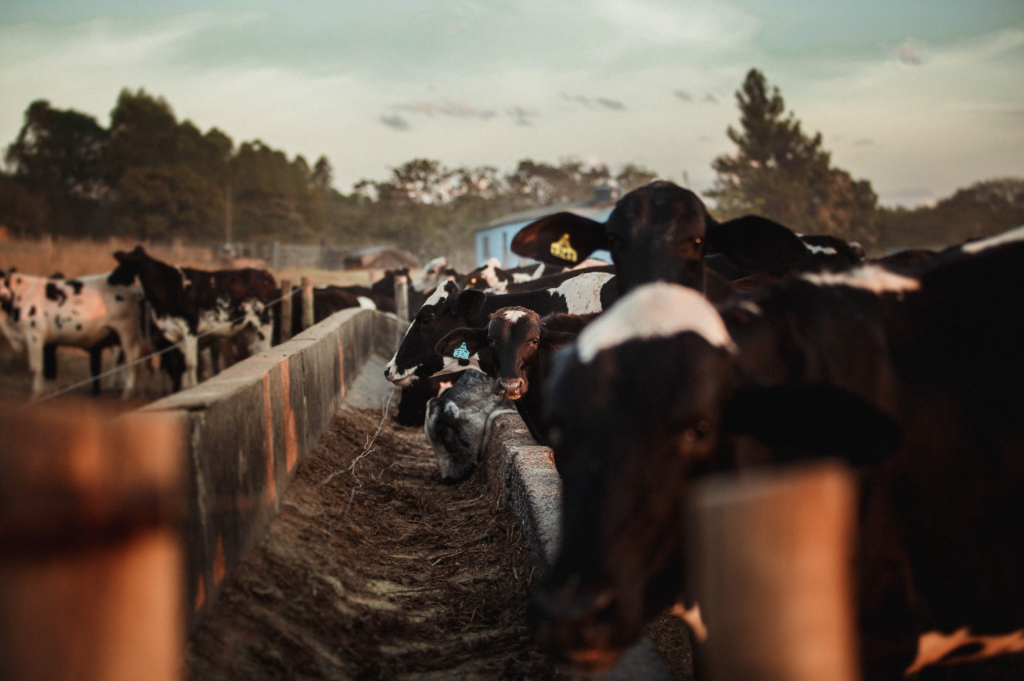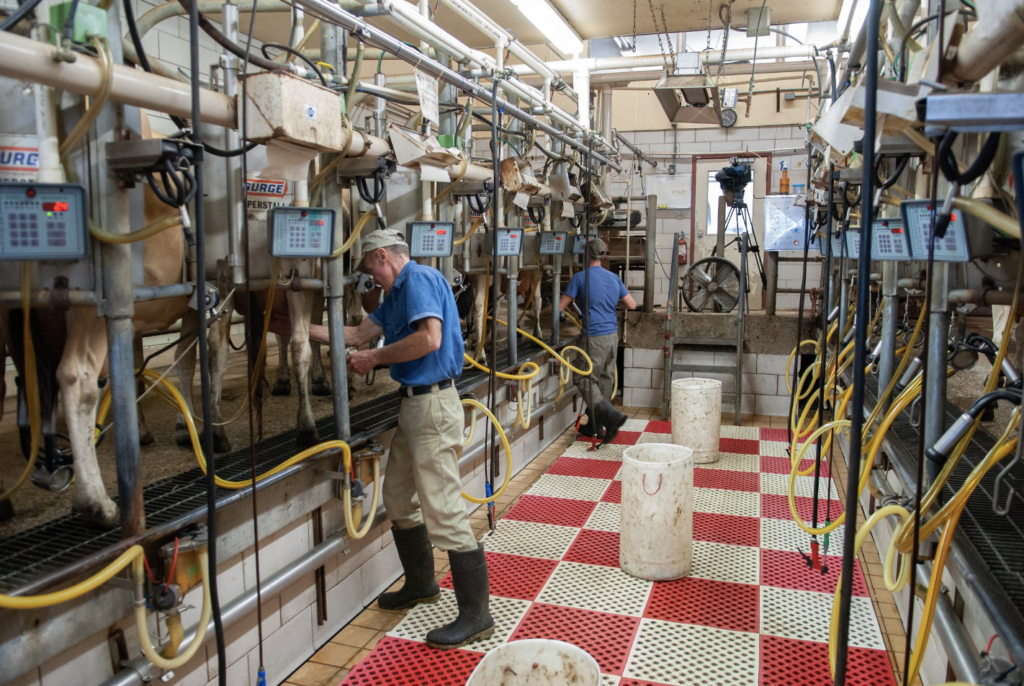One of the biggest existential risks to independent farmers and the food system is corporate megafarms. In 2017, the U.S. Department of Agriculture discovered that just 2,000 farms with herds of at least 1,000 dairy cows produced more than half of the nation’s milk. Following the 1996 farm bill, there was a deregulation of the agricultural industry that caused corporate agriculture to grow rapidly and drove out tens of thousands of independent farmers.
Corporate farms mass-produce
The overabundance of dairy products is forcing many independent farmers to dump their milk, which costs them time and money. More than 2,500 dairy farms have shut down in 2020, according to the National Family Farm Coalition. In order to control the unbridled expansion of large-scale dairies and maintain regional agriculture, the Michigan Farmers Union and the Wisconsin Farmers Union have proposed the federal Dairy Together program.
In the 2023 farm bill, the Dairy Together initiative suggests a required managed growth program based on price stability and market demand. An operation would have to pay a premium (market access fee) in order to produce more milk if they wanted to grow faster than what was permitted. Family farms would prosper more as a result since large-scale corporate agriculture would receive fewer incentives.
For the program to be successful, it must be launched nationwide with full support from farmers and government approval. Farmers would have direct control over growth management and price stability, with a board that they would lead and elect at the regional level carrying out oversight.
The growing insecurity that dairy farmers nationwide are facing demands that federal legislators take notice of the issue and support a growth management plan for the dairy industry in the farm bill for 2023.






